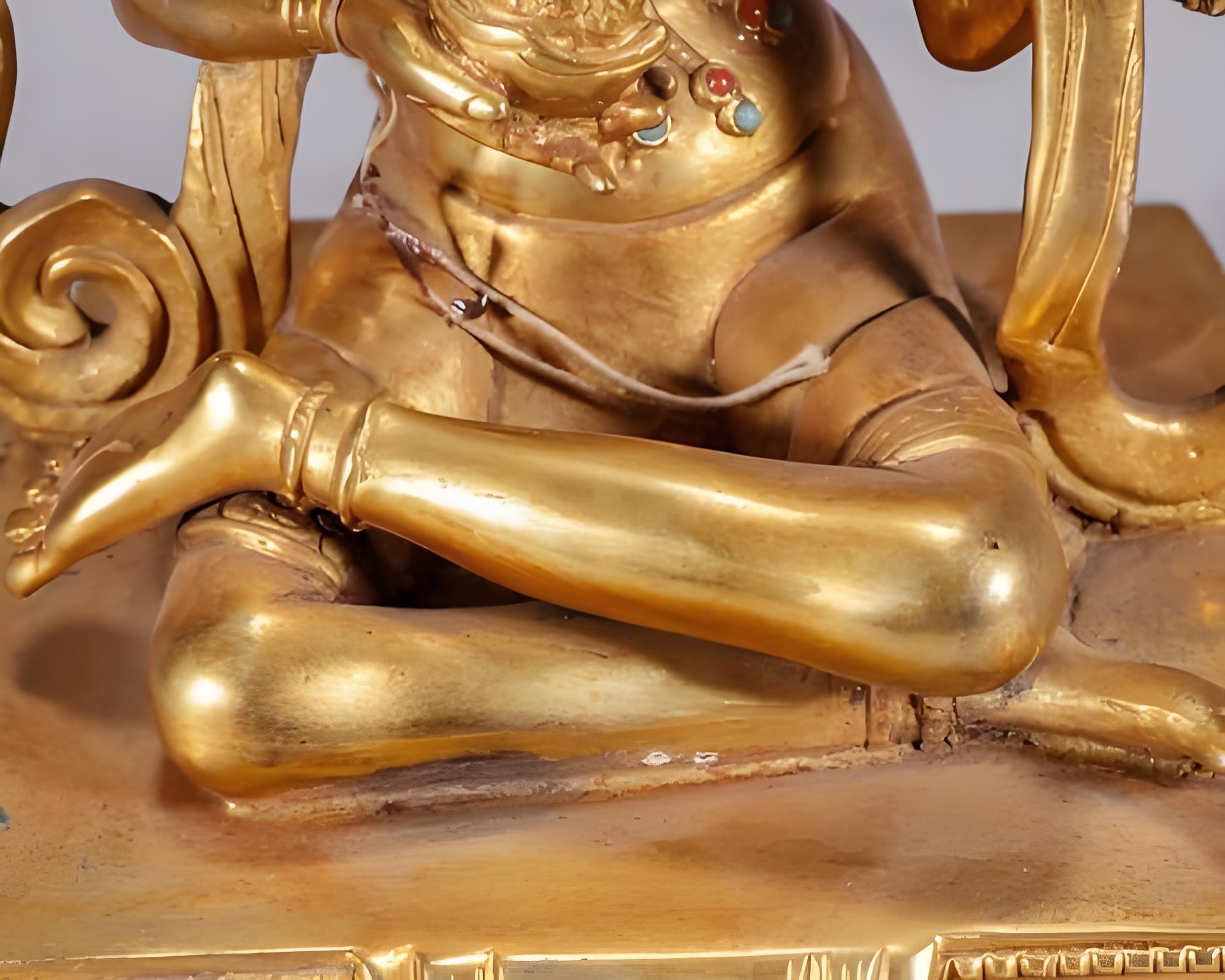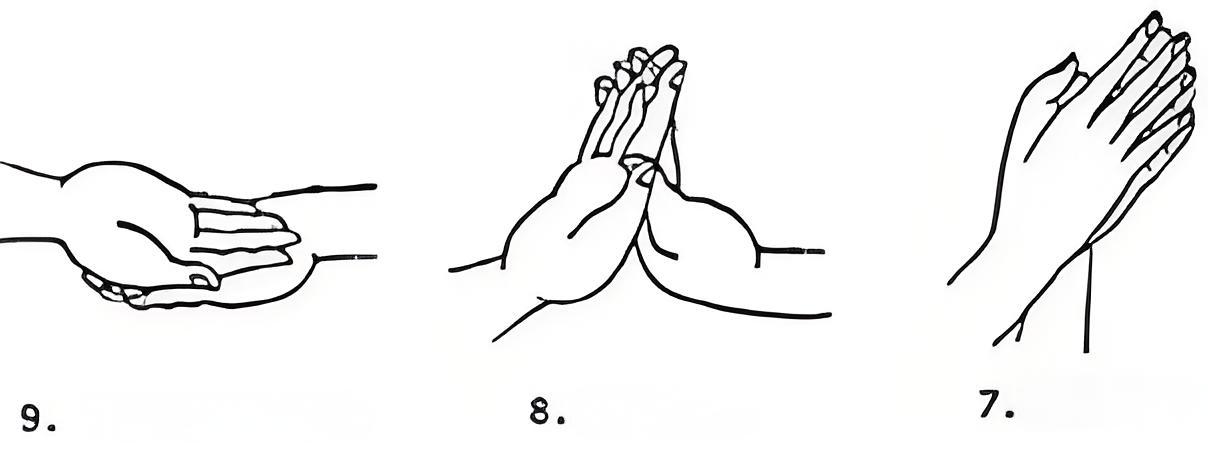type
status
date
slug
summary
tags
category
icon
password
AI summary

How Does Buddhism Help My Life Every Day?
Buddhism is often associated with deep philosophical ideas and serene meditation practices, but its true value lies in its ability to enhance every aspect of our daily lives. If you've ever wondered how does Buddhism help my life every day, the answer is simple: by offering practical tools for mental clarity, emotional balance, and overall well-being. In this article, we'll explore how bringing mindfulness and embracing Buddhist teachings can transform your daily life, fostering a healthier mind and body.
Understanding the Core of Buddhism in Everyday Life
At its core, Buddhism is about understanding the nature of life and the mind. It’s a spiritual path that encourages self-awareness, compassion, and insight. When Buddha taught his followers, he emphasized the importance of living in the present moment and being aware of our thoughts, actions, and words. Teachings of the Buddha encourage us to break free from habitual patterns that cause suffering and instead adopt habits that lead to peace and contentment.
Mindfulness, a key element of Buddhism, helps us to stop, reflect, and consciously experience life as it unfolds. By practicing mindfulness in everyday life, we can reduce stress, prevent emotional reactivity, and live with greater purpose.
Bringing Mindfulness into Your Daily Routine
One of the most accessible aspects of Buddhism is the practice of mindfulness. By bringing mindfulness into your daily life, you can cultivate a peaceful and clear mind. Mindfulness allows you to stay present in every moment, whether you're working, spending time with family, or even washing dishes.
The first step in integrating mindfulness into your everyday life is paying attention to your thoughts and feelings without judgment. Rather than being swept away by the constant stream of thoughts or reacting impulsively to emotions, mindfulness encourages you to observe and acknowledge them. This practice helps you stay grounded, reducing unnecessary stress and enhancing your decision-making skills.
Buddhist Teaching on the Mind and Body Connection
The mind and body are closely interconnected in Buddhism. Through practices like meditation, yoga, and breathing exercises, Buddhists cultivate harmony between the two. This connection is crucial for mental and physical well-being. Buddhism teaches that the mind has the power to influence the body, and vice versa. By maintaining mental clarity and emotional balance, we can ensure that our mind and body remain in sync, promoting good health.
When practiced regularly, these techniques can reduce the physical symptoms of stress, such as headaches or tense muscles, and help prevent burnout. By aligning the mind with the body, we create a holistic approach to health that nurtures both our physical and emotional states.
Buddhist Practices for a Peaceful Mind
Buddhism also provides practical tools to help us create and maintain a peaceful mind. The teachings of the Buddha focus on cultivating virtues like kindness, patience, and compassion, which help us navigate difficult situations with ease. These qualities support mental clarity and emotional resilience, which are vital for maintaining balance in a chaotic world.
Another effective way Buddhism improves daily life is through meditation. Meditation helps clear the mind, reduce negative thought patterns, and increase emotional stability. Even just a few minutes of sitting quietly, focusing on your breath, can lead to profound shifts in your perspective and mindset. Over time, these small practices help you create lasting peace in your everyday life.
Transforming Difficult Emotions Through Buddhist Insights
Buddhism also teaches that suffering is an inherent part of life, but it offers practical ways to transform this suffering into wisdom. According to Buddhist teachings, when we understand the impermanent nature of life, we can let go of attachments and develop a sense of equanimity.
The teachings of the Buddha on impermanence remind us that both happiness and suffering are fleeting. By embracing this impermanence, we can view challenges with greater resilience, knowing they will pass. This perspective helps us to accept our emotions without becoming overwhelmed by them. Instead of reacting to difficult situations with anger or fear, we can respond with mindfulness and understanding.
How Buddhism Cultivates Compassion in Daily Life
Bringing mindfulness into your daily routine not only benefits your own mental and emotional health but also fosters compassion toward others. The Buddha taught that kindness and compassion are essential to living a fulfilled life. When we practice mindfulness, we become more attuned to the feelings of others, which leads to greater empathy and understanding.
Through mindfulness and the teachings of Buddhism, we learn that our thoughts, words, and actions impact those around us. Being more aware of how we interact with others can enhance our relationships and make our communities more harmonious. When we act with compassion and kindness, we create a ripple effect that can transform the lives of others as well.
Conclusion: Practical Benefits of Buddhism in Daily Life
By integrating Buddhist principles into your life, you can achieve lasting benefits for both your mind and body. Bringing mindfulness into every aspect of your day allows you to stay present, reduce stress, and make more conscious decisions. Through Buddhist teachings, you develop emotional resilience, greater compassion, and a peaceful mind. Whether through meditation, mindful eating, or simply being aware of your thoughts, Buddhism offers practical ways to enrich your everyday life and improve your well-being.
By following the teachings of the Buddha, you can cultivate a life of balance, peace, and happiness—qualities that will positively impact every moment of your day.
Loading...






